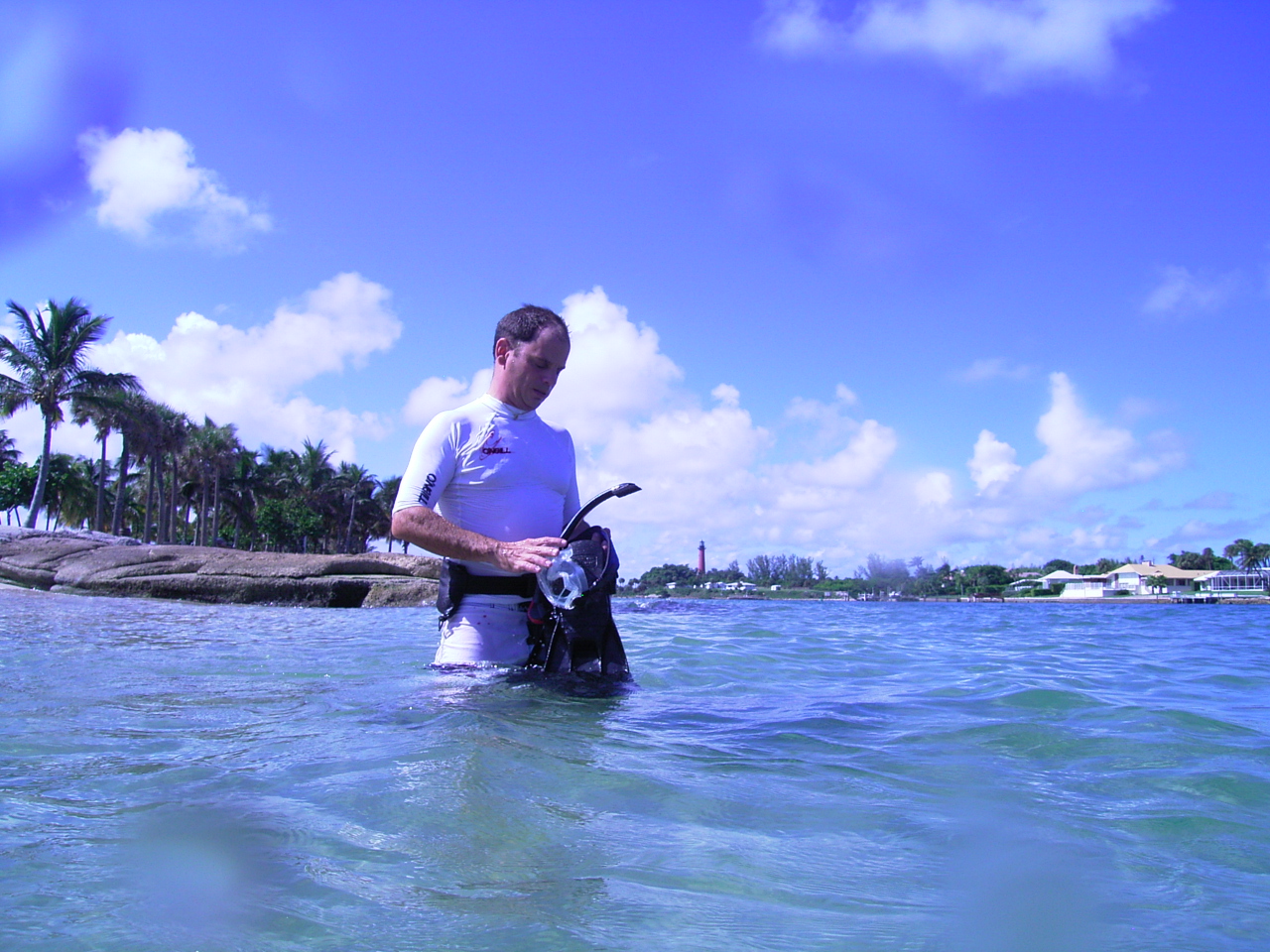
ICRS 2008/ 11th International Coral Reef Symposium
The International Year of the Reef 2008
Broward County Convention Center, Ft. Lauderdale Florida
July 7-11, 2008
EarthRehab, WJTW, and Taras Oceanographic made the following journal and summary possible. Author: William Djubin, Founder of EarthRehab.
EarthRehab was founded to create Global Awareness and Funding for Nature Research.
Many thanks go to EPA, ERM, World Bank, The Nature Conservancy, NOAA, Reef Check and participating Scientists from around the World. This Symposium had over 3,500 attendees with the same agenda “Reefs for the Future”.
During my visits to the Symposium I tried to get a daily healthy mix of venues, The Reef and Ocean Free Education and Expo, Press Briefings, Scientific Lectures, and Posters.
Facts pertaining to Coral Reef Ecosystems:
Seas and oceans comprise over 70% of the Earth’s surface
Coral Reefs occupy less than ¼ of 1 percent of the marine environment
Greater than 25% of all marine fish species live on coral reefs
More than 500 million people across the world depend on coral reefs for food, coastal protection, livelihoods, and tourism income
More than 30 million people (poor nations) depend almost entirely on coral reefs for food and protection.
In 1998 approximately 16% of the world’s coral reefs died due to temperature change and coral bleaching.
In 2005 bleaching records for Belize; USVI and Mexico 25%-45%; Caribbean 50%-95%; Trinidad and Tobago 85%;
Day 1
To kick off the event in typical 2008 Year of the Reef fashion, Governor Charlie Crist signed a bill to close all of the sewage pipes that pump 300 million gallons of untreated sewage into the Atlantic Gulf-stream. Ed Tichenor and Reef Rescue of the Palm Beaches get the hard won victory and credit.
Day 2
Media Press Release Coral Reef Fish, where are they going? Presentations by Geoffrey Jones, Bob Warner, and Phil Munday
· 30-60% of reef species return to place of birth and can migrate up to 30 Km.
· Climate Change is degrading the Habitat with Coral Bleaching, Loss of Coral, and Ocean Acidification
Question for the panel - If we could rejuvenate the Coral Reef Ecosystem and Tropical Reef Fish stock levels, would this reduce rising ocean temperatures and acidification?
Answer from panel – No; we are too far in the process. Global Climate change and Green House Gases must be taken seriously now before disastrous events occur.
I met the EPA. William Fisher of the EPA welcomed me to the Symposium and we spoke of TMDL and WQMS for the world’s oceans. The EPA addressed the scientific community regarding Biological Assessments and Defensible Monitoring utilizing the Clean Water Act and Reef Check methodologies.
Day 3
Media Press Release Coral Disease Beyond the Symptoms. Presentations by Drew Harvell, John Bruno, Laurie Raymundo, Tyler Christensen
· Climate change is affecting coral reefs with disease; we need to reduce emission levels to reduce stress on the reef system. Marine protected areas with a more diverse community of fishes showed less disease. Seaweed and algae do not cause coral disease or bleaching; however, dissolved organic carbon does. We must maintain a diversity of reef fishes.
EPA Patricia Bradley made a presentation regarding the Clean Water Act to protect Marine Managed Areas or monitored reef ecosystems from land based pollution. Encouraged scientists to utilize the authority of the Clean Water Act for Bio-criteria, gave special thanks to William Fisher.
Day 4
Media Press Release Untold Stories of Climate Change and Corals. Presentations by Simon Donner, Douglas Fenner, Guillermo Diaz-Pulido, Susan Colley, Dr. Finn
· 3 specific separate factors: rising CO2 not climate change, rising ocean temperatures, changing ocean chemistry
· American Samoa has a constant 5year bleaching, death, re-growth cycle
· We must separate and understand 2 types of algae good vs. bad
· Seaweeds and algae do not fair well with high CO2 either
· Pacific Ocean from Mexico to S. America including the Galapagos Islands reporting marginal and disturbed habitat for coral reefs, no coral reefs exist in Galapagos only reef colonies
· Calcifying Organisms cannot withstand ocean acidification and CO2 rising levels
· Effects of Global Climate Change have a lag affect, it will take a long time to slow the processes, and we need immediate actions.
Question for the panel - How much affect does land based pollution has on bad algae outbreaks?
Answer from panel- Answer: Increased growth rate of bad algae with nutrient rich waters.
Question for the panel - How much affect does land based pollution has on Ocean Acidification?
Answer from panel- This is a location specific question: Florida has a nutrient issue with ocean pollution, and nutrient issues do not exist worldwide. Bleaching will become a problem before Ocean Acidification due to ocean temperatures rising. With acidification, deep ocean reefs will be the first affected, saturation of deeper reefs make them more vulnerable and at risk
Media Press Release NOAA Conrad Lautenbacher Administrator, Admiral
Admiral Lautenbacher attends the symposium to support NOAA and the scientists
Life in the oceans sustain life on Earth
Florida Keys NMS a success NHINM single largest coral reef achievement in the World
Our degrading reef problem is an international problem, NOAA committed to climate study, climate monitoring, interactment with IPCC, provide science for climatologist,
Global Carbon Monitoring System is needed now; satellite and ground based collaboration.. US has 60 carbon monitoring stations in place.
Currently NOAA is under budgeted and reached a plateau from Congress. President Bush aided with additional funds. Future climate is favorable for budgets, and the G8 outcome looks positive
Ocean illiteracy is the United States’ biggest problem and we need to educate.
Closing Statements
We can reduce land-based pollution now
We can reduce over fishing now
We need to buy time now while we solve our Greenhouse fuel emissions issues or our reef systems will collapse
I have full abstracts from the Press Briefings and posted photography on Flickr.
Visit the Group 11th International Coral Reef Symposium to view pics of presentations, posters, press releases. http://www.flickr.com/groups/icrs/






